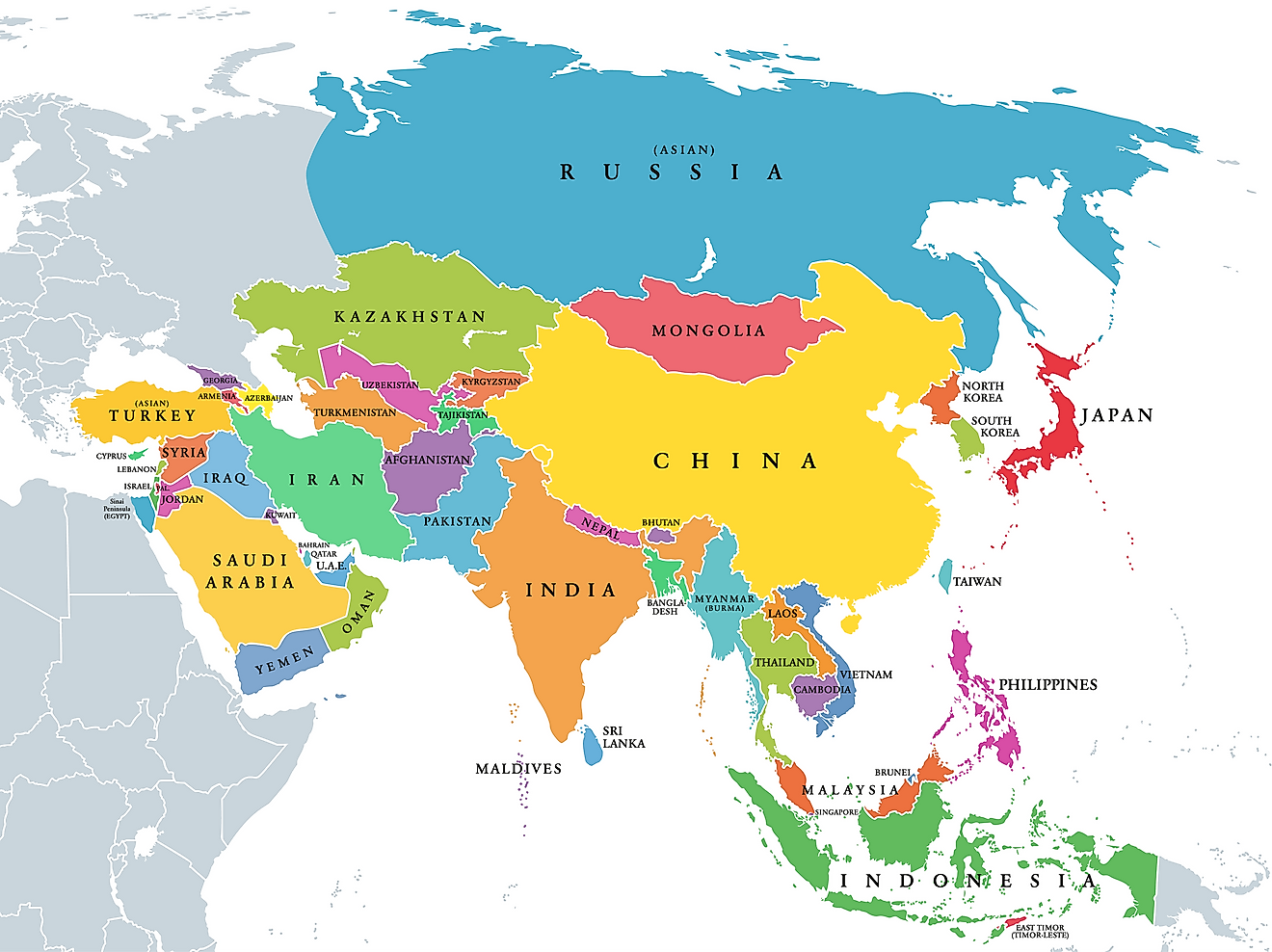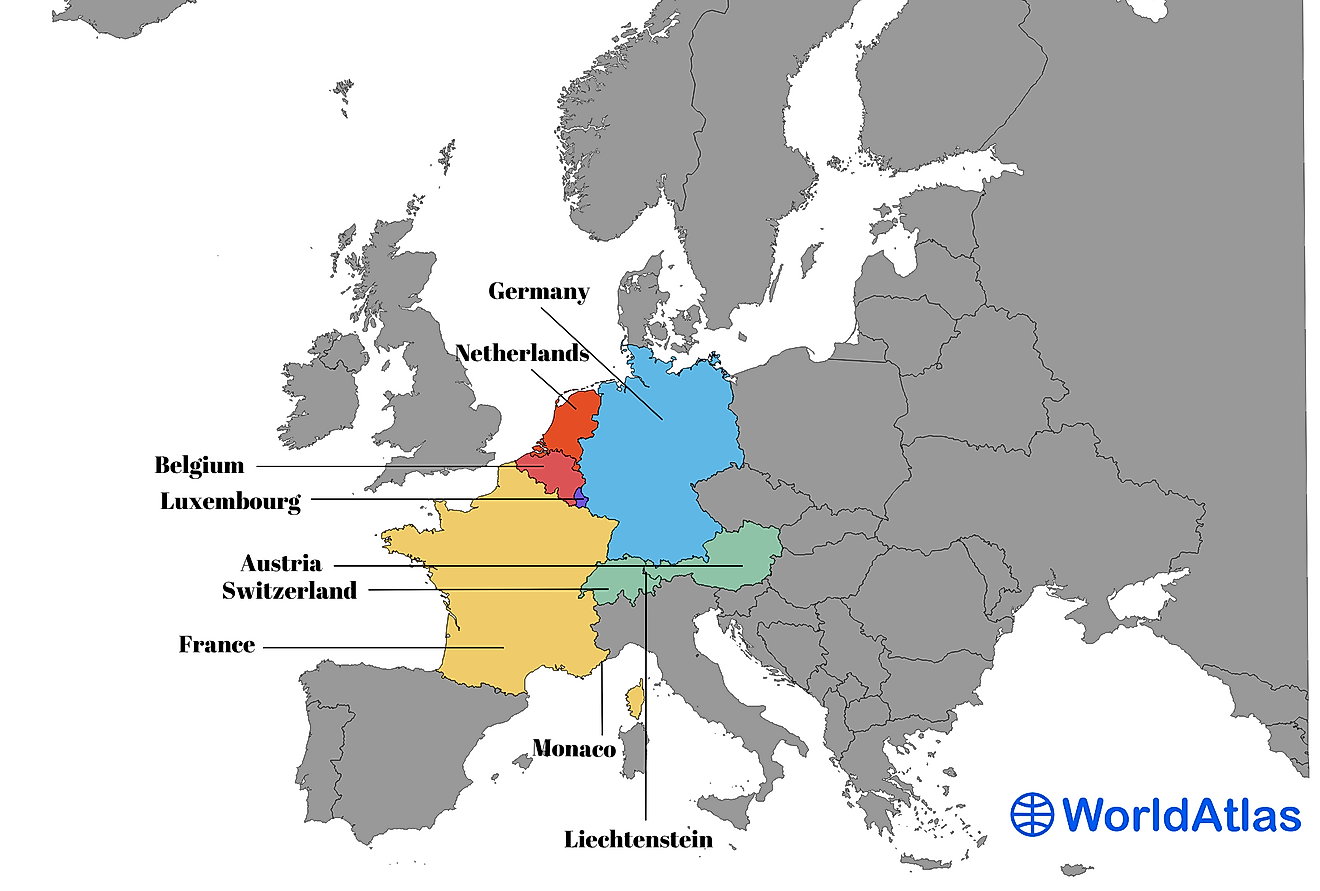What Is a Flash Flood?

A flash flood is a rapid and destructive rush of water into low–lying regions including dry lakes, basins, washes, and rivers. Flash floods are characterized by high water volume within a short duration. Flash floods differ from traditional floods standard in that they have a timescale of less than six hours. Flash flooding occurs within minutes of heavy rains or an abrupt collapse a natural debris or ice dam, or a man-made dam, like in the Johnstown Flood incident of 1889. The two major elements of a flash flood are duration and rain intensity.
What Causes a Flash Flood?
Flash flooding occurs under many kinds of conditions. Floods occur when it rains rapidly on a dry or saturated soil with poor absorption ability. The run-off water collects in streams and gullies to form larger water volumes which result in a fast flowing front of debris and water. Flash flooding occurs in dry places which recently received precipitation. Flooding usually occurs downstream from the source of water, even miles from the precipitation source.
In volcanic mountains, rapid overflow of water occurs after a volcano has erupted, especially when intense heat from molten rocks melts glaciers. Flash flooding is frequent on the highest mountain ranges in the United States and the arid plains on the southwestern United States. Extensive rainfalls released by hurricanes or other tropical storms and abrupt melting of an ice dam causes the rapid overflow of water. Numerous human activities can also cause flooding, especially when a dam fails and releases large amounts of water quickly.
What Are the Hazards Associated with Flash Floods?
The United States National Weather Service recommends vacating regions affected by flash flooding instead of crossing the fast-moving water. Vehicles offer little protection against the flash floods, and more than 50% of fatalities caused by flash floods involve individuals swept away in their cars while trying to cross flooded intersections.
A storm that occurred miles away can flood the deep slot canyons, thus making them dangerous for hikers. Flash floods are very dangerous in the deserts and can cause significant damage in arid areas. Arid regions experience infrequent storms, but when they do occur, an enormous amount of water is delivered within a short period. Secondly, the heavy rains pour on poor absorbent material, mostly clay soil, which increases the quantity of surplus water that rivers and the other water draining channels cannot handle.
Arid regions lack the necessary infrastructures like culverts, storm drains and retention basins, which help divert water from roads and buildings. Residents in these areas believe the risk of a flood is too low to justify the expense of building storm drains or clearing existing drains.











